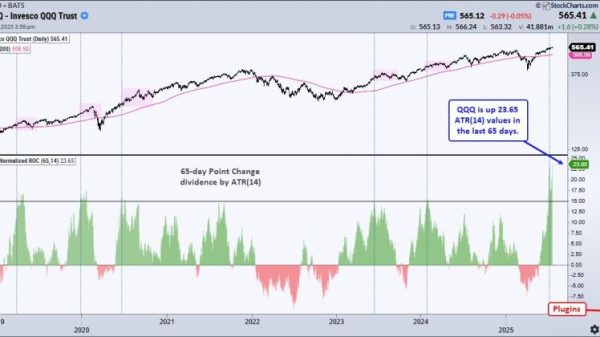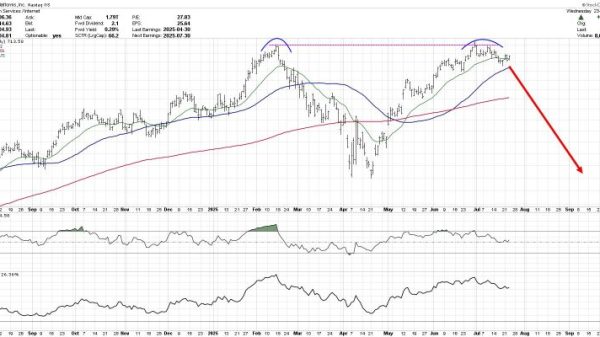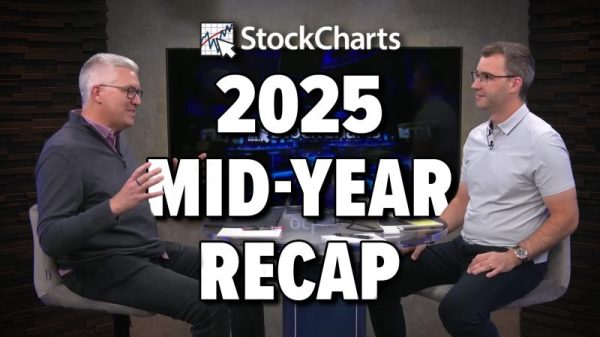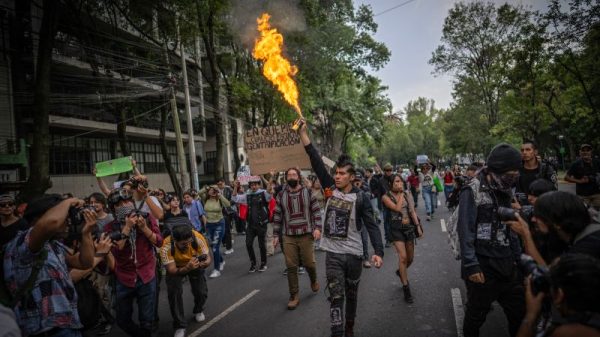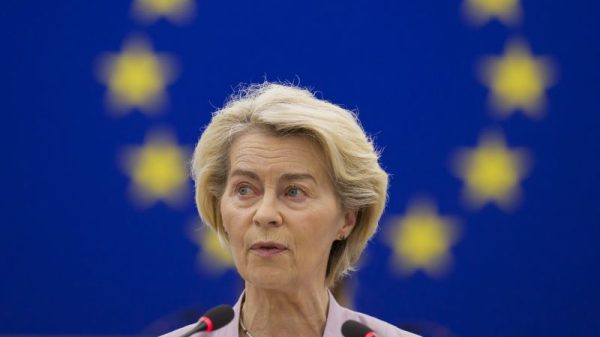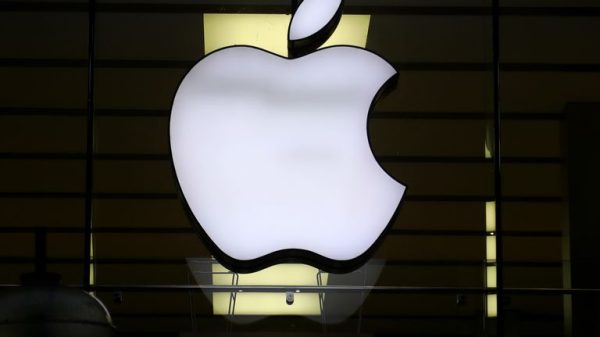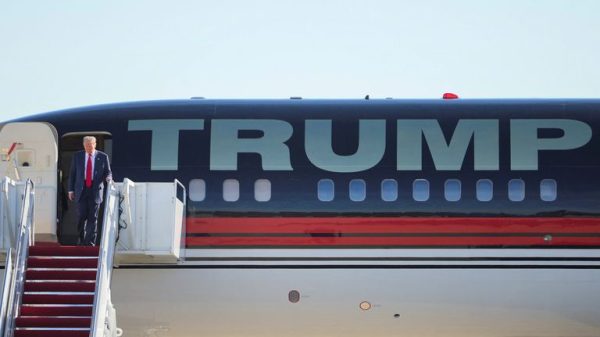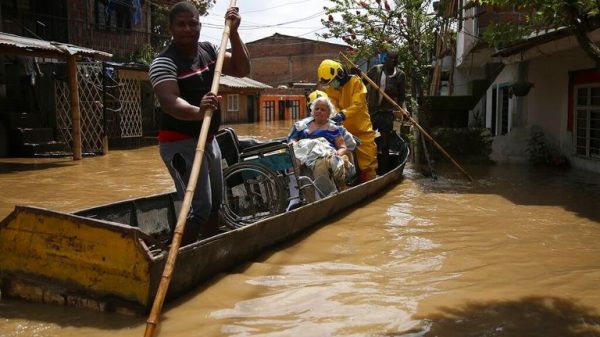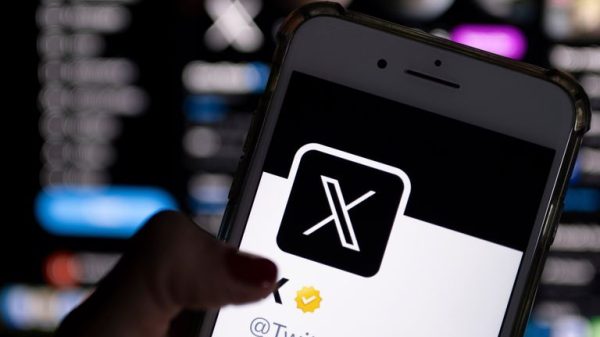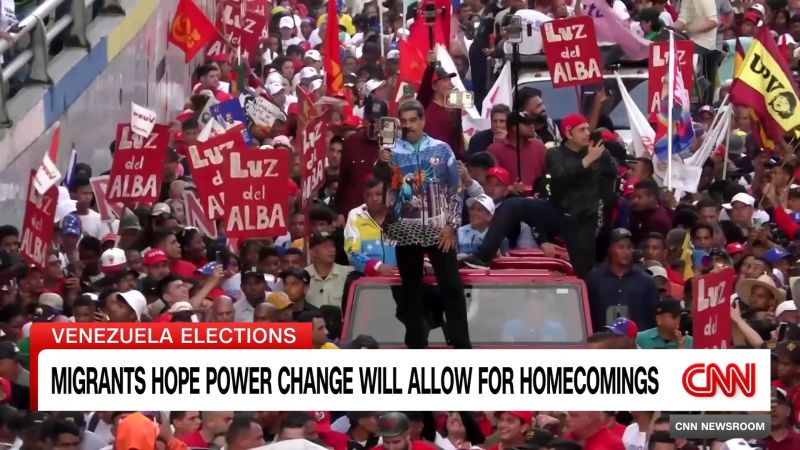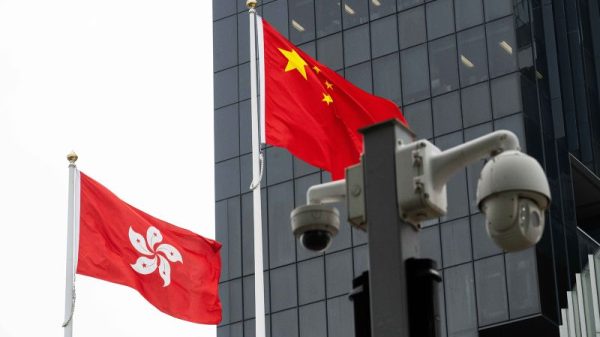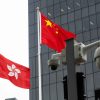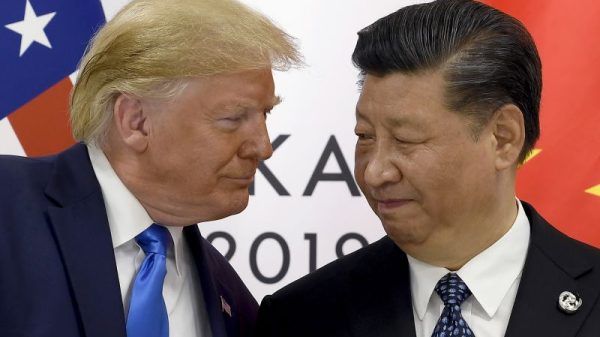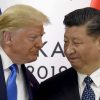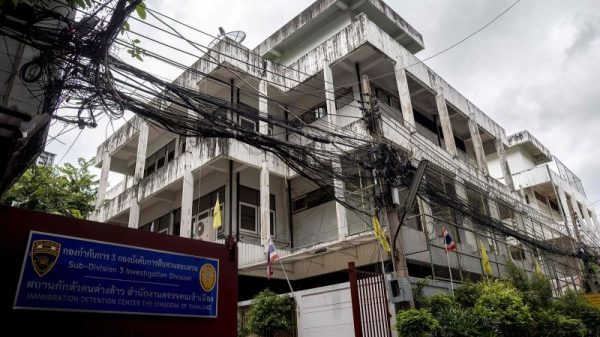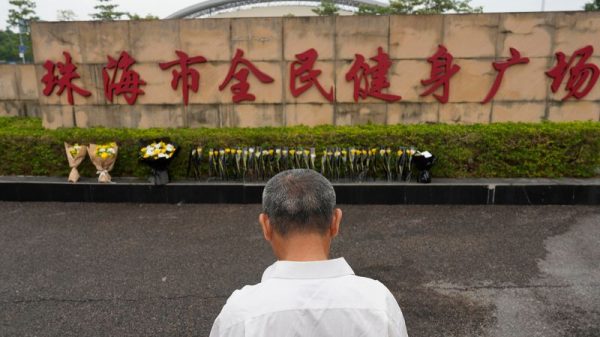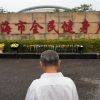A small corner of Venezuela is spreading slowly along 77th Street in Bogota, the capital of Colombia.
Municipal maps formally refer to that neighborhood as Unir II (“unite”), but to many of its inhabitants it is known as Barrio Hugo Chavez, after the late Venezuelan president.
Many of the more than seven million Venezuelans who fled their country over the past decade or more now call Bogota home. The city is brimming with informal communities where migrants come together to help each other integrate and combat the ever-present melancholy and homesickness.
Maria Alvarez is one such migrant. A 27-year-old single mother from Valencia, Alvarez left Venezuela in 2017 when her son Gabriel was only one. They haven’t returned since. Gabriel knows his grandparents only from the photos on his mother’s phone and the occasional video call.
Most of those seven million migrants left Venezuela after 2014, according to the United Nations, amid an economic and political crisis brought about by a crash in the price of oil – a key export for Venezuela – combined with chronic corruption and mismanagement at the hands of government officials.
Almost two million of them have been granted work permits to work in Colombia, where life is working out well for Alvarez and many others like her. After the Covid pandemic, she helped create a foundation in Unir II to provide Venezuelans and Colombians with professional classes and psychological counseling. She now makes a living as a manicurist and has met a new partner.
An election and a credible opposition
But with the authoritarian government of Nicolas Maduro firmly ensconced in power, for many years those dreams of returning have remained just that. Until now.
This month, for the first time in a decade, Venezuela will hold an election in which Maduro’s government is being challenged by an opposition candidate, Edmundo Gonzalez, who has a credible chance of winning.
In October last year, Maduro formally pledged to grant free and fair elections in 2024 at the end of a long and secretive negotiation process with the US State Department.
That pledge was at least partially compromised amid a new spat between Washington and Caracas: the leading opposition candidate, Maria Corina Machado, was barred from running earlier this year, as was her immediate replacement Corina Yoris. The Venezuelan government has accused the White House of not lifting all economic sanctions against government officials, and in recent weeks opposition supporters and members of Machado’s team have been detained.
Even so, many experts believe that come the July 28 election the opposition has a real chance of pushing Maduro out of power.
Recent polls put Gonzalez more than twenty percentage points ahead of Maduro and, for the first time in years, electoral observers from the Carter Center and the UN have been invited to monitor the election.
Such a lead would make Gonzalez the heavy favorite if this were almost any other democratic country. Yet in Venezuela, the government has a habit of clinging to power. Critics have long accused it of rigging votes and silencing the opposition.
Opposition protests were repeatedly repressed in 2014, 2017 and 2019, and hundreds of opposition leaders have been arrested, or exiled.
Still, to many, this year feels different.
“I personally find it difficult to believe Maduro will just give up power,” said Laura Dib, a Venezuela expert at the Washington Office for Latin America.
Alvarez and many other migrants in Bogota, think similarly: “Maduro can only win the election if he steals it. But if there’s a new government, I’d go back the same day. Not just me, hundreds, thousands… there won’t be enough planes for everyone to return home,” said Endel Gonzalez, a 54-year-old from Maracaibo who has worked as a food courier in Bogota for the past five years.
What it means for America
It’s the fate of migrants like Alvarez and millions of others like her that are making this such a closely watched election.
Before the pandemic, it was common for Venezuelan migrants to seek opportunities in neighboring countries, but in the past three years more than half a million have headed to the United States’ southern border, moving directly via land from Colombia to Panama and Central America, all the way to Northern Mexico.
Venezuelans were the second largest group of migrants apprehended by US Customs and Border Patrol in 2023, totaling over 260,000 encounters, a fivefold increase from 2020 when there were less than 50,000, putting pressure on the White House to stem the flow.
With the Democratic administration facing an uncertain election in November and migration policies squarely on the ballot, this month’s contest in Caracas could hold profound consequences for US President Joe Biden.
In the early years of Venezuela’s migration boom, many Latin American countries offered emergency permits and ad hoc policies for migrants from the country, but now many are erecting barriers to deter the free movement of people.
Colombia for example has stopped issuing documents for recently arrived migrants, while the newly elected president of Panama, Jose Raul Mulino, has proposed fencing off the jungles that connect his country to Colombia.
Dib estimates that up to two million more migrants could be on the move by next year.
What next?
The Biden administration has been instrumental in reaching this moment. Maduro’s agreement to a free and fair election came only after the US partially lifted oil sanctions, and only after repatriation flights for undocumented migrants back to Caracas resumed in October.
Direct negotiations between Maduro and the State Department seem to have halted, although Maduro announced last week that his chief negotiator, Jorge Rodriguez, held a meeting with US officials to resume talks.
Washington is openly supporting Gonzalez, apparently reasoning that a transition to democracy in Venezuela would not only help negotiations around energy policy and migration, but also help turn Caracas from its ideological alliances with the likes of China, Russia and Iran.
But with both countries going to the polls this year, it may be what voters decide in November, rather than July, that really makes the difference.
“If the Biden administration remains in power, I believe (bilateral) negotiations will continue,” Dib said.
“Now, if there’s a Trump administration, most likely it’s just conducting business… without much regard on what happens in terms of democracy and human rights.”






